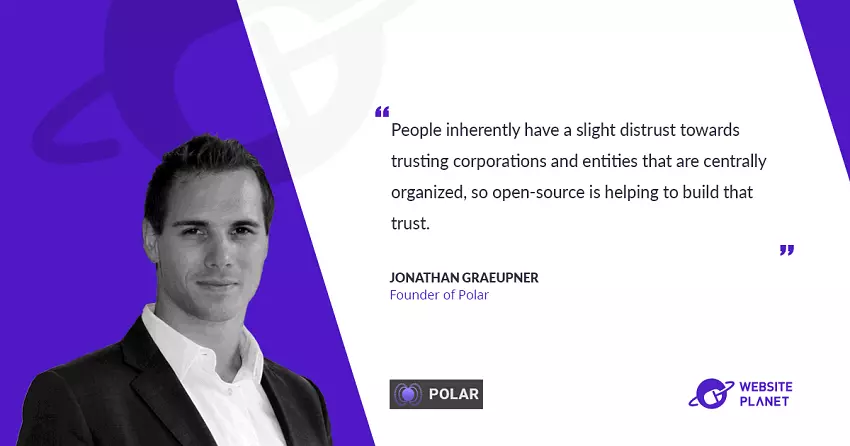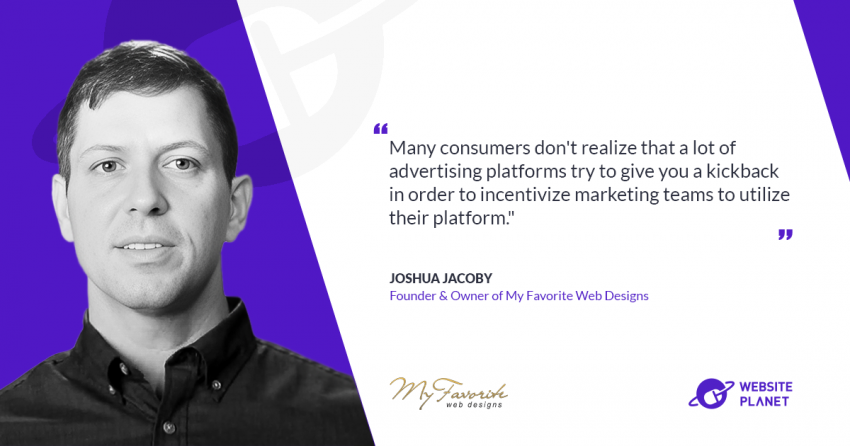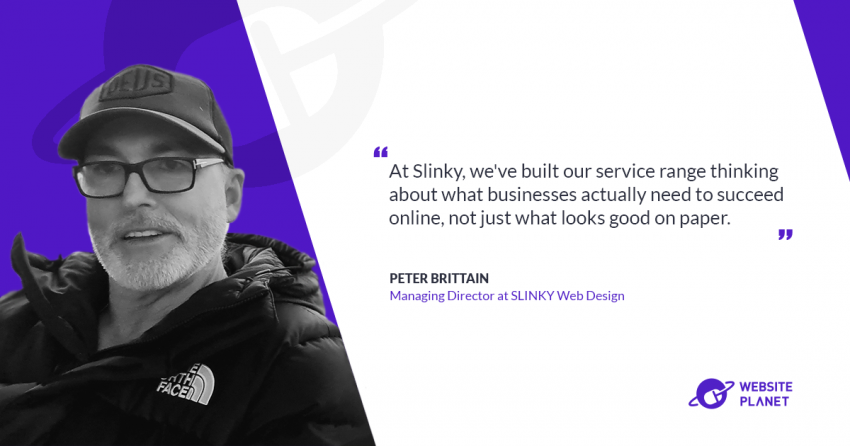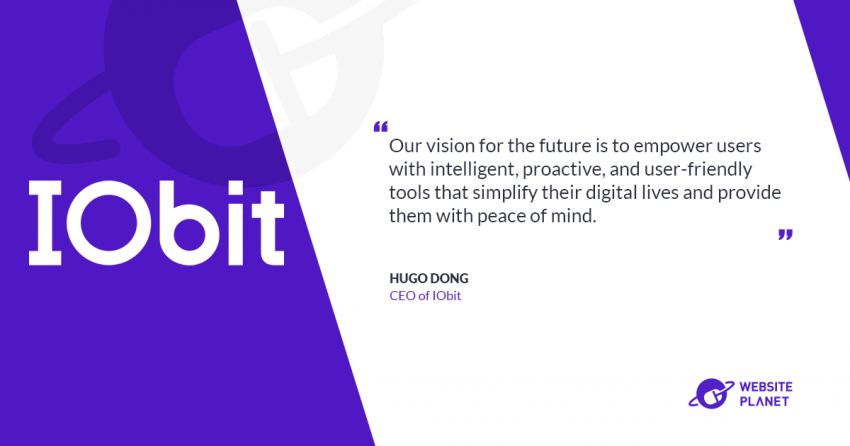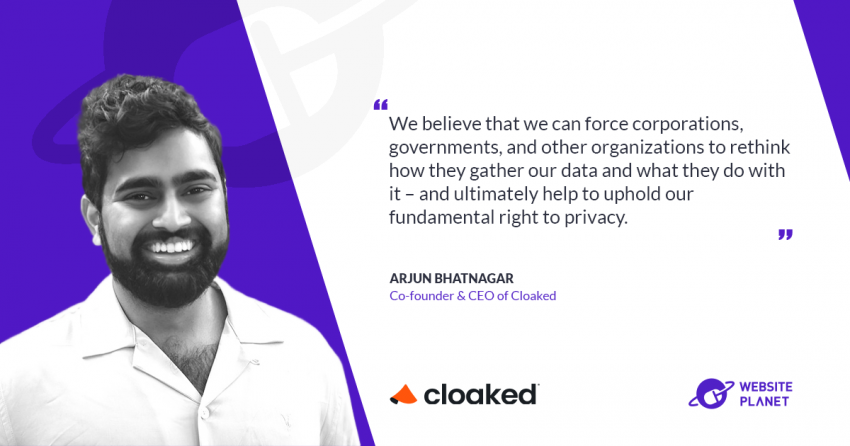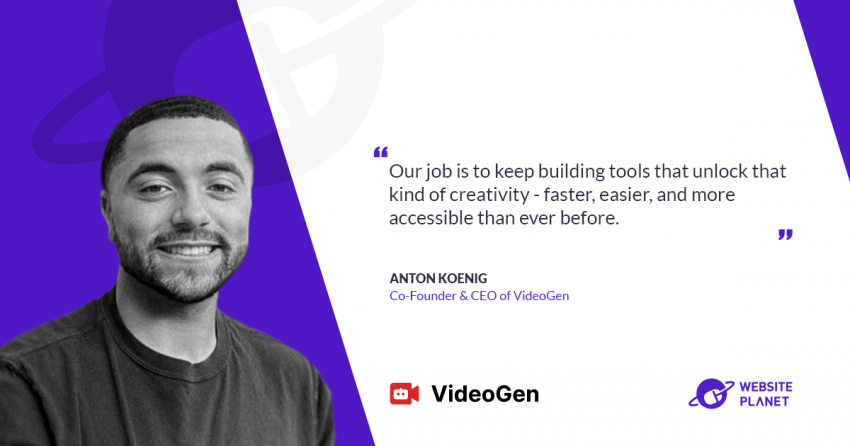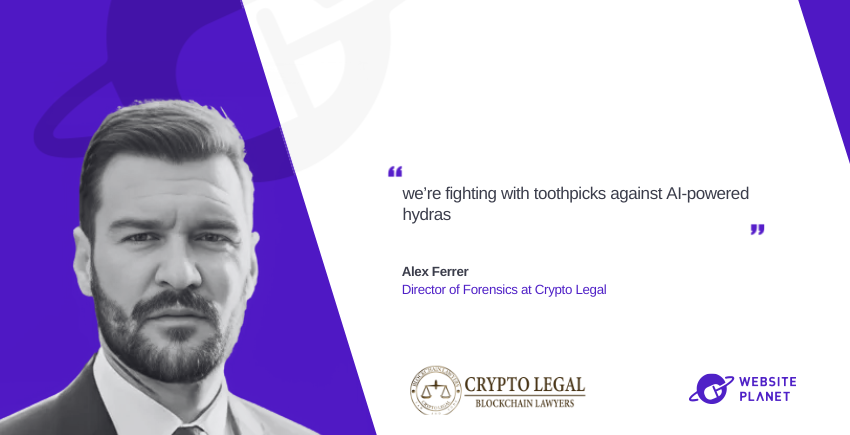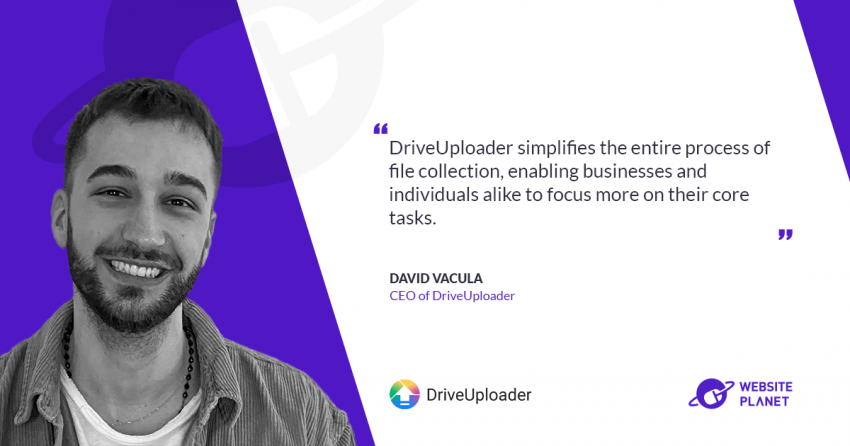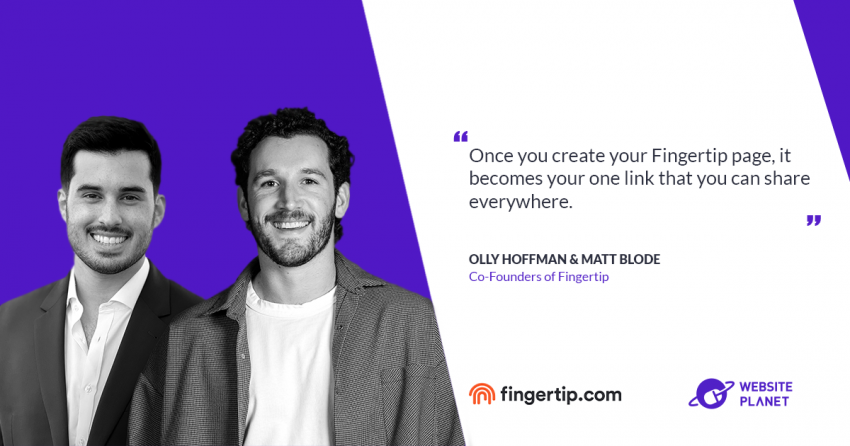This week, we had the privilege of meeting Jonathan Graeupner, one of the founders of
Polar – an integrated reading environment designed for building your personal knowledge base around. In this interview, we were able to get some insight into the creation and development of his company.
What is Polar?
Polar is an early-stage reading and knowledge management tool that is primarily used by students and engineers. Specifically, it is a tool that allows you to manage and read your entire library of PDFs, EPUBs, and web pages.
We have an integrated reader with which you can do many things that ordinarily you would not be able to do with a typical reader – for example one-click flashcards directly from text highlights. We’ve seen that working with a reader such as this one has been very beneficial for students and engineers primarily.
Since the pandemic started, with everything shifting to remote, people have been looking for new tools to do their academic work. We are in an early stage still, and in the long term, we have a couple of other ideas that we want to implement. We want to build a tool that can help you manage the entire personal or even collaborative knowledge base.
What is the story behind the company? What sparked the idea and how has it evolved so far?
There are two parts to this story. My co-founder Kevin was actually working on a different startup where he was reading a lot of different PDFs, EPUBs, essentially everything you can do now in Polar. He didn’t have any good tools, so what he did is he built something quickly for himself and started using it. It was open-source, self-hosted, and very basic. This happens with a lot of start-ups, and it turns out that the side project was a more interesting idea than the initial start-up idea he was working on.
So he shifted his focus on that. That is when he and I met in San Francisco. My background is in chemistry. I did a Ph.D. in chemistry, and I always had a problem organizing all my reading and research, so I needed tolls like that as well. Kevin and I shared a very similar vision so we co-founded this company a year ago, and we have been working on this project ever since. He is focused on the technical side, and I am more focused on the product.
How do you envision the future of your industry?
I have a couple of hypotheses that I see coming out very clearly over the last six to twelve months. One is that with the Covid-19 pandemic the need for tools such as this is going up very fast. I think there’s been a fundamental permanent shift from in-person studying, working, and collaboration to doing everything remotely. We are seeing this already in the start-up and the tech scene, but I think this will be a broader trend that more things will stay remote.
People will be more open to not being in the same room and working across the globe. With the Covid-19 pandemic, the adoption of these kinds of tools is going much faster. The second one I’m seeing, and this is a very broad trend, but I think our industry is catching up to it, is collaboration. A lot of these tools in the past were more focused on one user. Even when you think back to Microsoft OneNote for example, it was primarily focused on you doing your thing, and a lot of people still don’t use OneNote collaboratively.
So, I think the collaboration aspect will become a very important one, and this is also where we see a lot of value. I think that there is a third trend which is coming out. It’s driven by the fact that people have inherent “laziness” in the sense that they don’t want to change what they already do in integrating with existing services. I think that integrating across services, building a web of tools to manage knowledge, and in general doing different things is going to become more and more important.
Which trends in technologies do you find to be particularly intriguing these days?
I think that one very interesting trend in tech, which applies to us quite a bit, is open source and building your company in public. Kevin was one of the inventors of RSS, so he has been a part of the open-source community from the early days. Polar is open-source first, and you can download it and use it on the spot. We strongly believe in open-source and collaboration, working with early adopters to understand what they like, what we can do better, and how they can get involved.
To add to that, you see more and more funds focused on open-source. Back in the day, one big question regarding open-source was, “how can you monetize and make business out of this?” I think a lot of people are realizing that the big advantage of open-source is that you have a community around it and that you cannot replicate the community by copying the code. One thing that is in line with that but in a very different space is block-chain.
Every block-chain project is open-sourced, and people fundamentally want to see the world more connected. It’s important that the kid who might live in Bangladesh has the same opportunity to access educational learning as someone who studies at Yale or Harvard. Block-chain fundamentally is at the basis of that, because it’s trying to bring that kind of transparency and democratization of technology to everybody. Obviously, this will face a lot of hurdles, especially when you take a look at governments, existing services that don’t want to step away from the old model. But I fundamentally believe that this is a trend that is going to shift how we work and how our systems are structured over the period of twenty to thirty years.
What separates Polar from other similar websites or companies?
I would say it is two things. As I mentioned earlier, we have decided to build everything to be open-sourced, and if people want to see how it’s built, they can see it. There are similar tools but they are focused on slightly different things, and you often see that there is a backlash in the academic community against something that is not open-sourced. People inherently have a slight distrust towards trusting corporations and entities that are centrally organized, so open-source is helping to build that trust.
The second one is our academic focus. As I mentioned I did my Ph.D. in chemistry at Yale. I have done chemistry for years. I know exactly what academics are looking for, and what it’s like when you don’t have a tool that you need. We are still at an early stage, and I know that we haven’t solved every problem that an academic has on a daily basis. However, I think that focus is very important whether it is focus on academics, focus on education, or to make sure that we build something sustainable. This is where we as Polar want to set ourselves apart.
How has the Covid-19 pandemic affected your customers and your business?
The customers and business are two slightly different segments. It starts with customers first, and what we have seen is that the pandemic has highlighted the need for more tools such as this one. Even though we are still at an early stage, we see the interest from people who are studying and working remotely. That is our hope and expectation that we would be able to bank on that over the next few years.
The second thing is how you are able to reach your customers and other stakeholders through your business. The in-person component of business has been taken completely out of the picture, so it has forced the founders of early-stage startups to think out of the box. It is a bit of an adjustment that slows things down, but at the same time, it’s a huge opportunity. The shift towards remote-first will not go away when the pandemic is over. Every business is now experiencing a remote-first culture.
